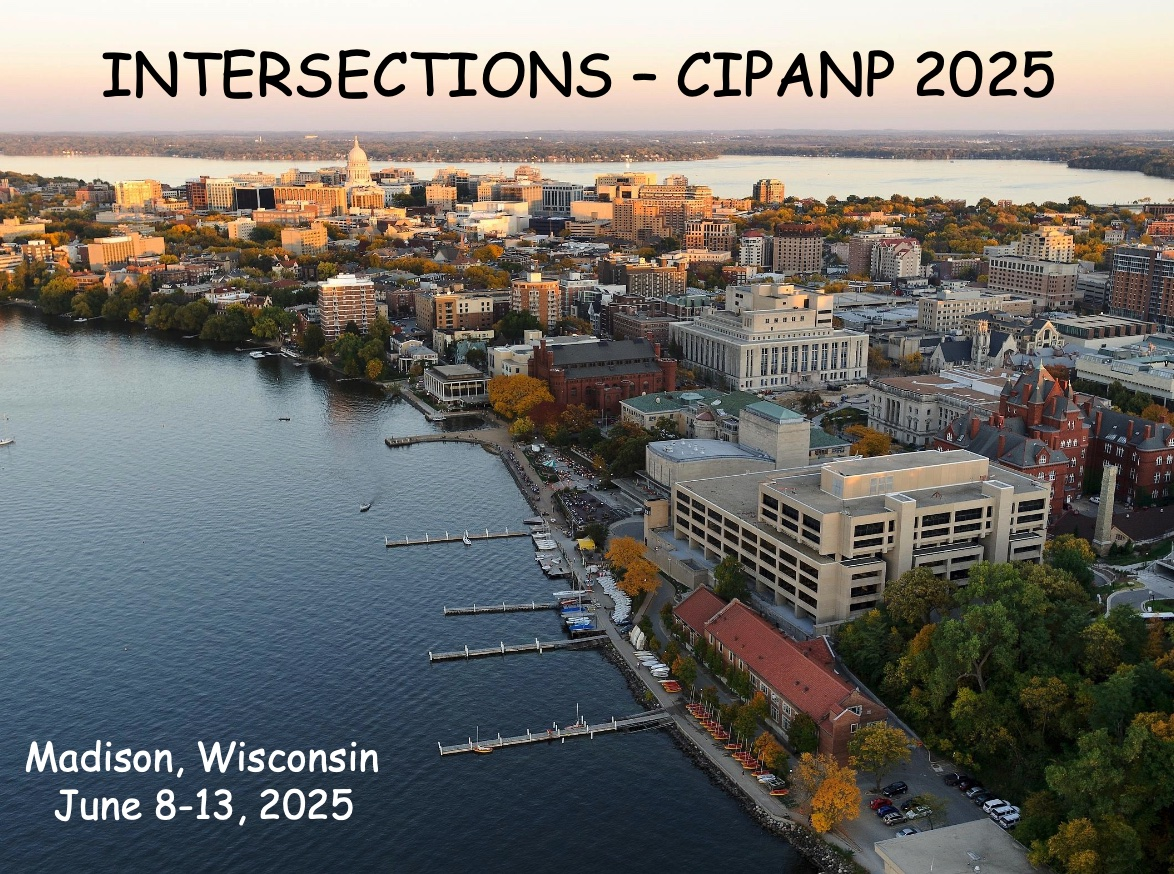Speaker
Description
The magneto-gravitational trap at Los Alamos National Laboratory traps Ultracold Neutrons (UCN) for various holding periods. The free neutron lifetime is measured by detecting the UCN surviving beta decay at the end of each holding period in the trap. The experiment has yielded the world’s most precise neutron lifetime of 877.75 ± 0.28$_{stat}$ + 0.22 – 0.16$_{sys}$ s without the large systematic corrections necessary in previous UCN storage experiments.
There are several implications of the high precision of the neutron lifetime. One is to check the self-consistency of the Standard Model. These tests are done by extracting the up-down quark-mixing matrix element (V$_{ud}$) of the Cabibo-Cobayashi-Maskawa (CKM) rotation matrix. By estimating V$_{ud}$ from neutron decay, a test for the unitarity of the top row of the CKM matrix can be done. At present, the most precise determination of V$_{ud}$ is from nuclear beta decay, which is in 3-$\sigma$ tension with unity. However, V$_{ud}$ can be determined solely from neutron beta decay without the determination of any nuclear structure effects. To determine V$_{ud}$ from neutron beta decay, a precise neutron lifetime and neutron axial charge (g$_{A}$) are needed.
In this contribution, the final results from the UCN$\tau$ experiment will be presented, and an upgrade underway to achieve the next level of precision from the technique will be discussed.

